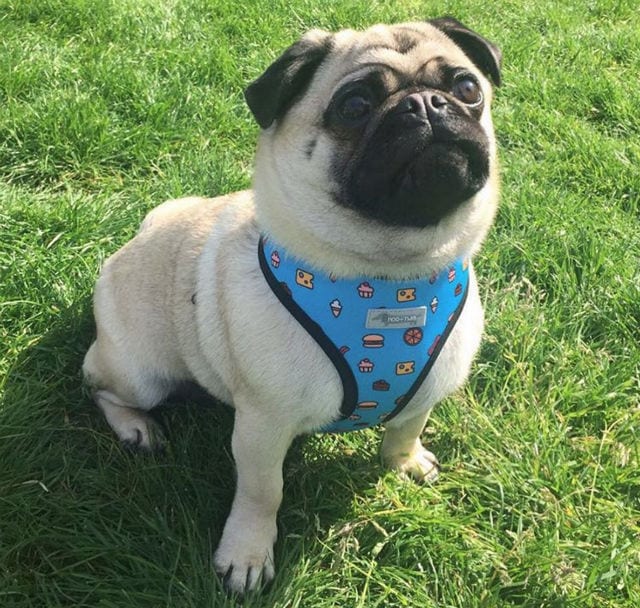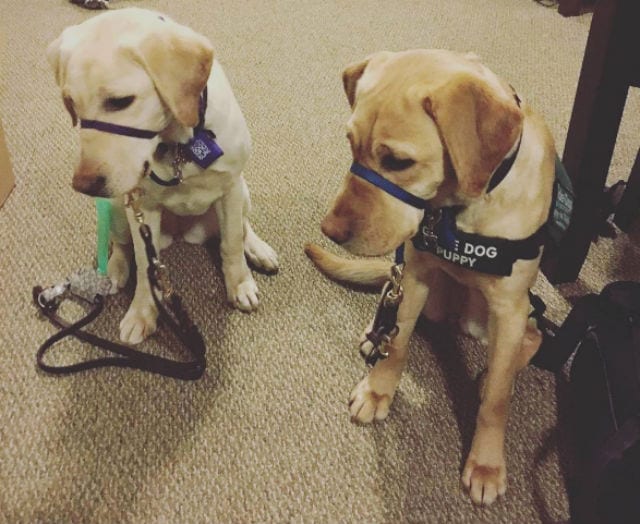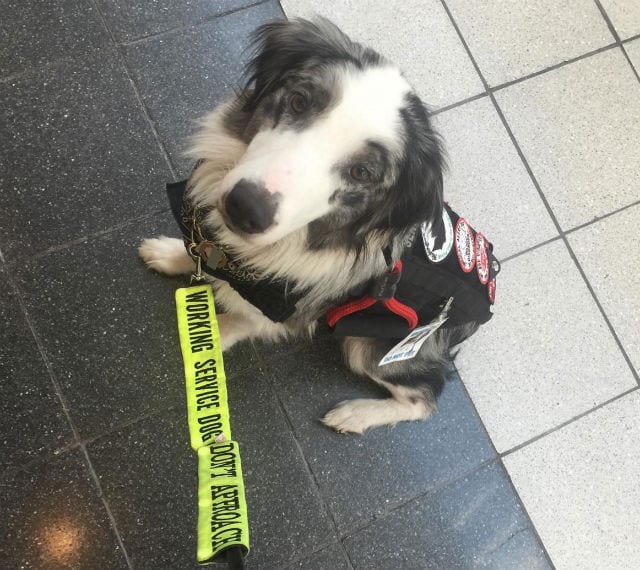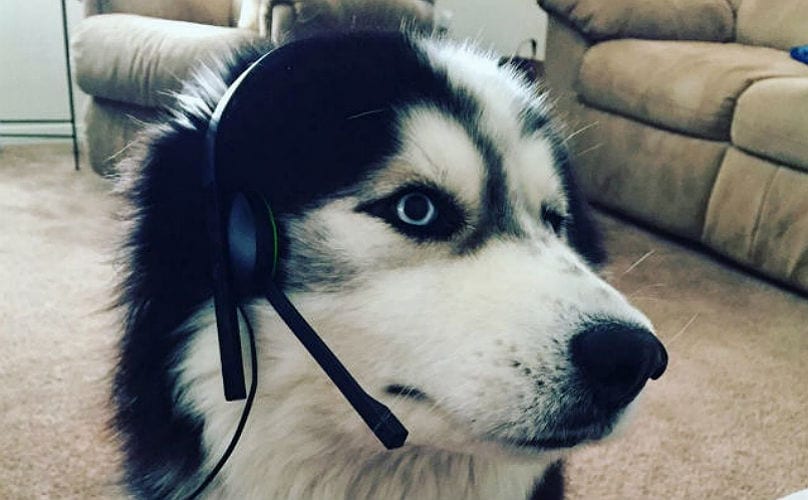Computers are becoming entwined in nearly all aspects of our lives, but did you ever think there would be a day when they could be used to train our dogs? Believe it or not, researchers at North Carolina State University have developed a suite of technologies specifically designed to autonomously train a dog.


The way this program works is the dog is fitted with a harness that monitors their posture and body language. This information is collected and wirelessly transmitted to the computer program, which triggers a reward for the dog if they perform the requested task correctly.


For example, the researchers wrote an algorithm into the program that would trigger a beeping sound that was paired with the release of a treat from a dispenser when the dog correctly moved from a standing to sitting position.


The trouble with using a computer to train a dog is determining when exactly the treat should be given.
[bp_related_article]
You need to make sure that the algorithm has enough time to analyze the dog’s body position, but still rewards the dog in an appropriate amount of time.


This comes with a tradeoff: give the reward too soon and you may be reinforcing incorrect commands, but give the reward too late and it’s not effective for training purposes.


To help walk this fine line in timing, the researchers worked with 16 volunteers and their dogs to optimize the timing of the algorithm. Once they felt that they had the timing mastered, they compared it with that of a professional dog trainer’s.


While the program’s algorithm was quite accurate, rewarding the correct behavior 96% of the time, it still didn’t match up to that of a human trainer who showed 100% accuracy.
That doesn’t mean that humans are necessarily better trainers than computers; the algorithm’s response time was completely consistent whereas the trainers showed greater variation. This is an important note, as consistency is important when it comes to training dogs.


This is all pretty flashy and futuristic, but why exactly do we need computers to train dogs? The cool thing is that this computer technology can be applied to a wide range of canine behaviors. That means it could be used to help train service dogs and other working dogs more quickly and efficiently.


The researchers don’t just want to stop there, though. The long-term goal of this technology is to allow dogs to “use” the computers to communicate. For example, allowing a diabetic alert dog use their body language and behaviors to call for help via the computer.


While the thought of computers training our dogs may sound a little bit like a sci-fi movie, its implementation is likely not too far in the future. If you ask us, it’s pretty cool to know that this new dog-related technology could be used to make our lives better – not just easier.






